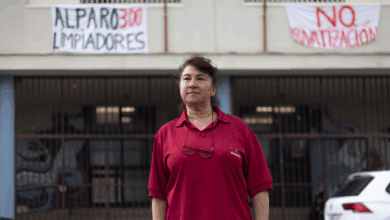
Spain is increasingly debating an issue faced by women who find themselves in difficult situations late in pregnancy. Although existing laws allow termination after 22 weeks in cases of severe fetal abnormalities, in practice, obtaining permission is nearly impossible. This challenge is especially acute in Madrid, where many women are forced to seek options outside the country.
Marina, a resident of the capital, was forced to urgently leave for Brussels after her unborn child was diagnosed with a serious illness late in pregnancy. After countless tests and a long wait for a decision from the medical board, she was denied. Eight months pregnant, suitcase packed, train tickets in hand—she set off into the unknown, clinging to the promise of help.
This is not an isolated case. According to one of Brussels’ largest hospitals, this year alone dozens of Spanish women have sought help there, with nearly half coming from Madrid. The reason is simple: in Spain, permission for late-term abortion is decided by a special committee, which often denies these procedures—even when the condition is incompatible with life. Women are left in limbo, uncertain where to turn or what to do next.
Madrid lacks a public registry of doctors who refuse to perform abortions on conscientious grounds. This creates additional uncertainty and stress for those facing difficult situations. In 2024, more than 100,000 abortions were performed in the country, but only 161 of them took place after 22 weeks and with commission approval. There is no official data on refusals, but experts believe the rate may reach 40%.
The psychological support and compassion women find abroad become a real lifeline for them. In Spain, however, many feel isolated and even judged. Some, like Mar, had to travel to Belgium in the final weeks of pregnancy to get the necessary medical care. Others, like Patricia, faced misdiagnoses and a lack of support at home.
Recently, a special online platform was launched in the country, providing detailed information on the possibilities of abortion after 22 weeks, including options for traveling abroad. Yet the problem persists: Spanish women continue to seek help outside the country, facing bureaucracy and a lack of understanding at home.












